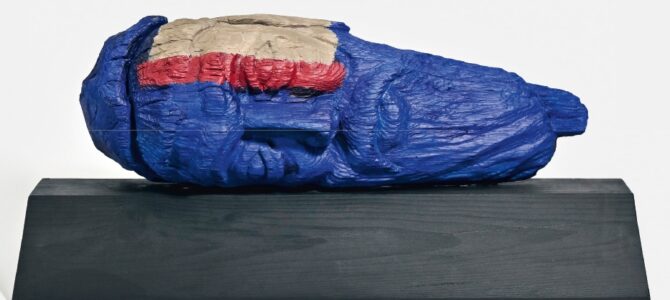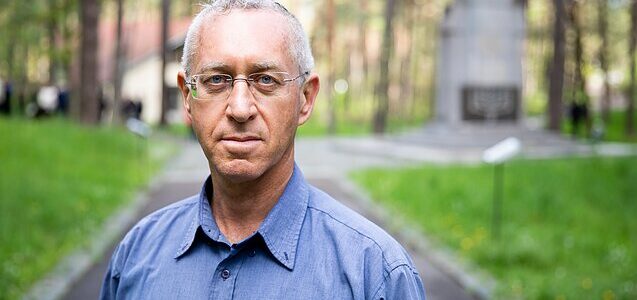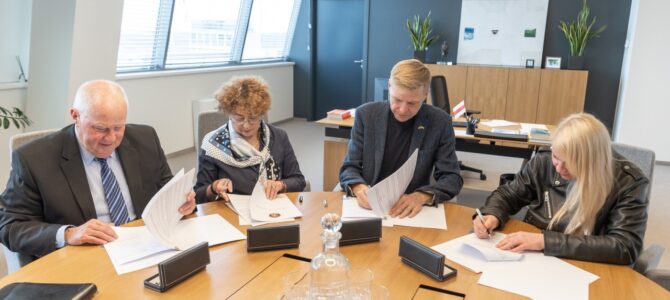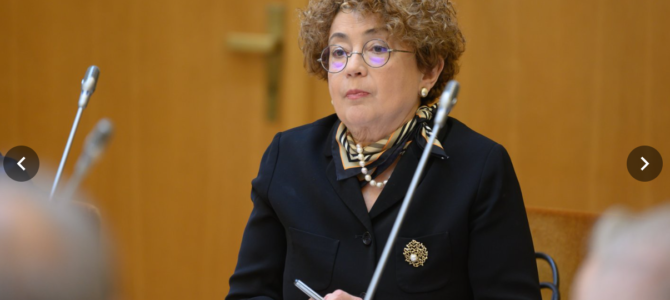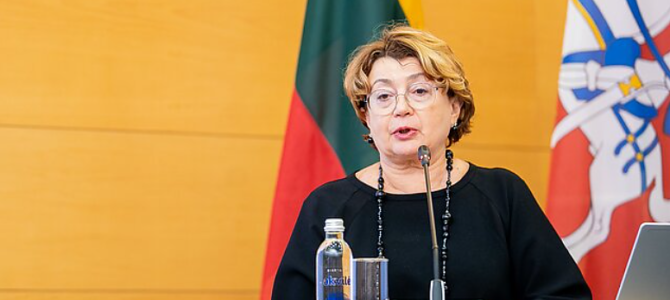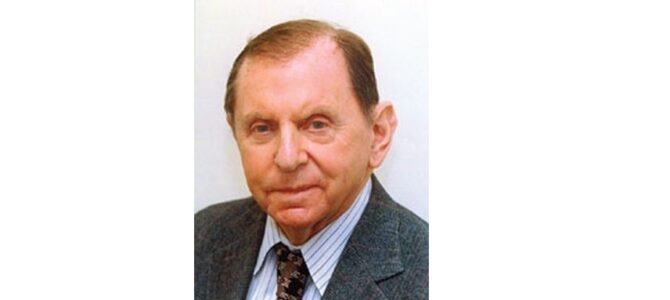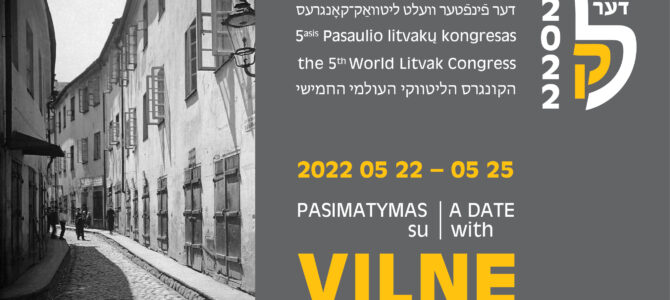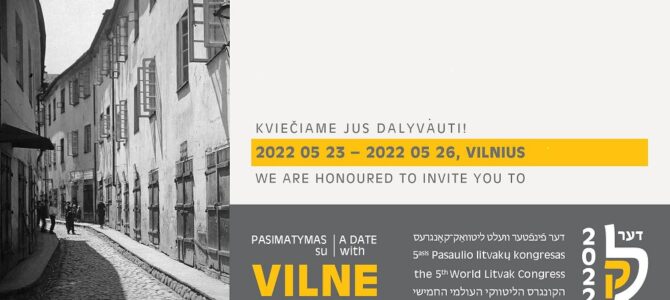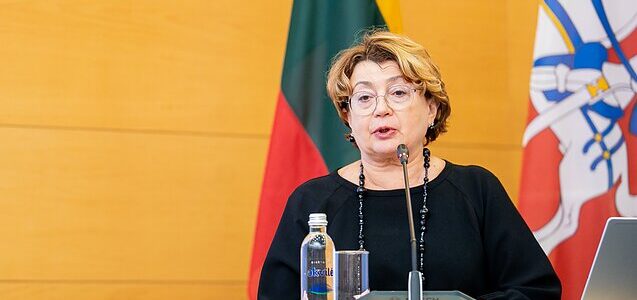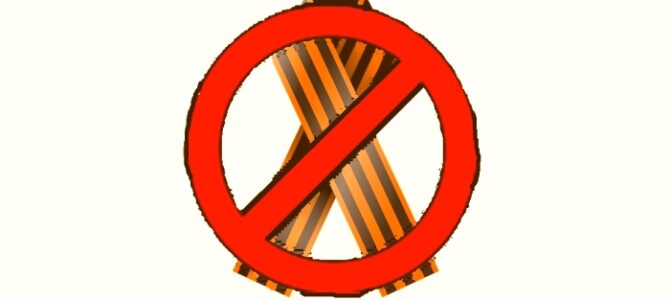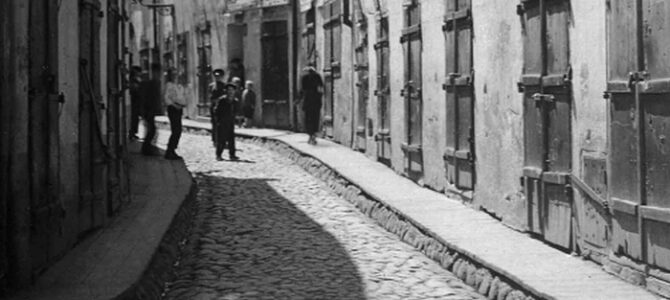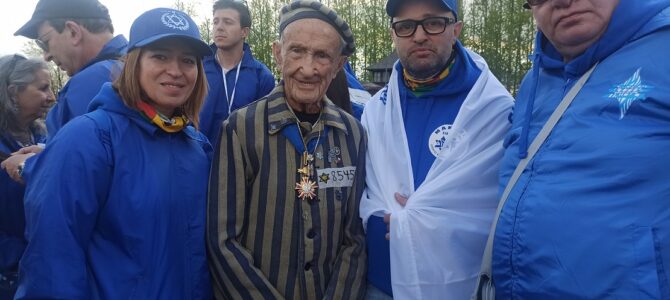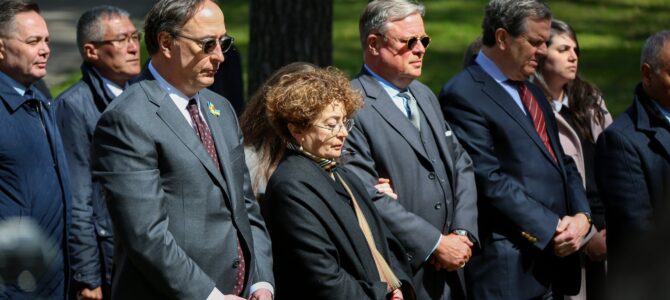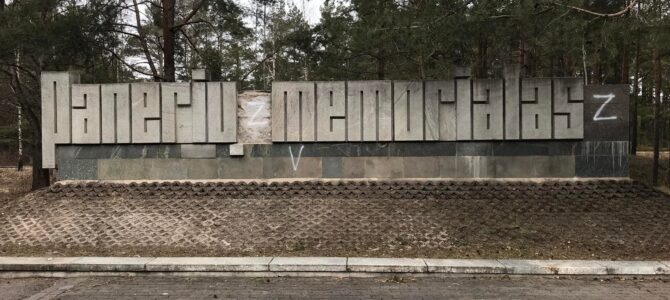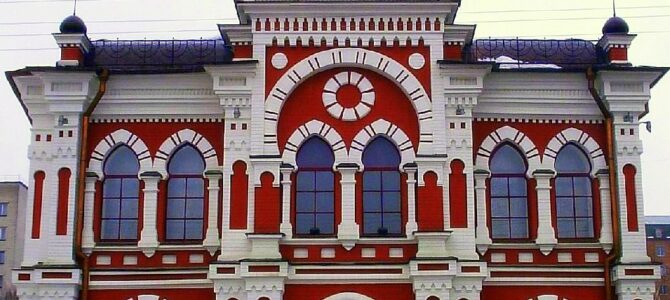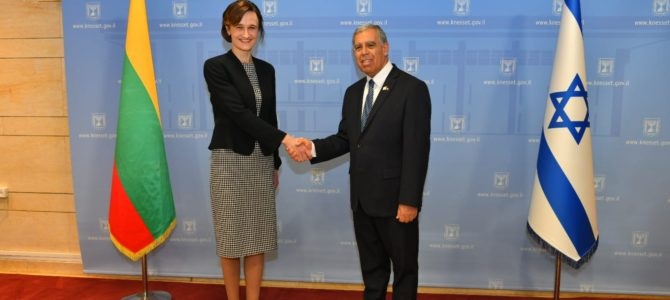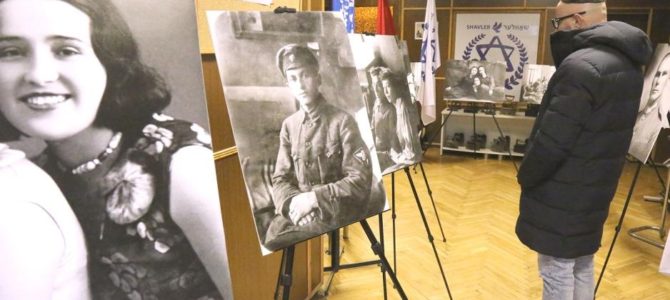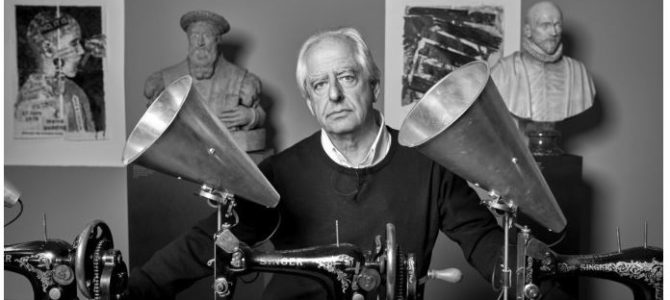Lithuanian State Television and Radio LRT.lt interview with Ben Tsiyon Klibansky
Lithuanians are still heroizing people who took part in the Holocaust, regrets historian and author Ben Tsiyon Klibansky. It’s up to the nation’s leaders to start a long-overdue conversation about these painful pages from the country’s history.
Ben Tsiyon Klibansky teaches at Tel Aviv University and researches Eastern European Jewry. This is now a lost world, and the Jews of Lithuania were the cornerstone in this world, Klibansky tells LRT.lt, something he feels it to be his duty to research.
You were born in Lithuania, Vilnius, but now, you live in Israel. Could you tell me more about your connection to Lithuania?
My family was a traditional family. My grandfather was a spiritual leader of the community. … I was a student at the Antanas Vienuolis School for two years, then my parents got permission to leave Lithuania and immigrate to Israel, which had been their dream for many years.
You should understand that it wasn’t because they hated Lithuania, but because of the prophecies of the prophets Isaiah and Ezekiel, who promised one day we will return to the land of Israel and settle there again. They tried to get permission to leave Lithuania and go to Israel, but it was Soviet Lithuania and the Soviets didn’t let them to go. It took them 13 years, from 1956 when they returned from Siberia until 1969. …
After I finished high school in Israel I started studying at Tel Aviv University. I studied electronic engineering. I joined the army and served for many years. I was a high-ranking officer in the army and when I finished my army service, I got a very good contract in the industry.
